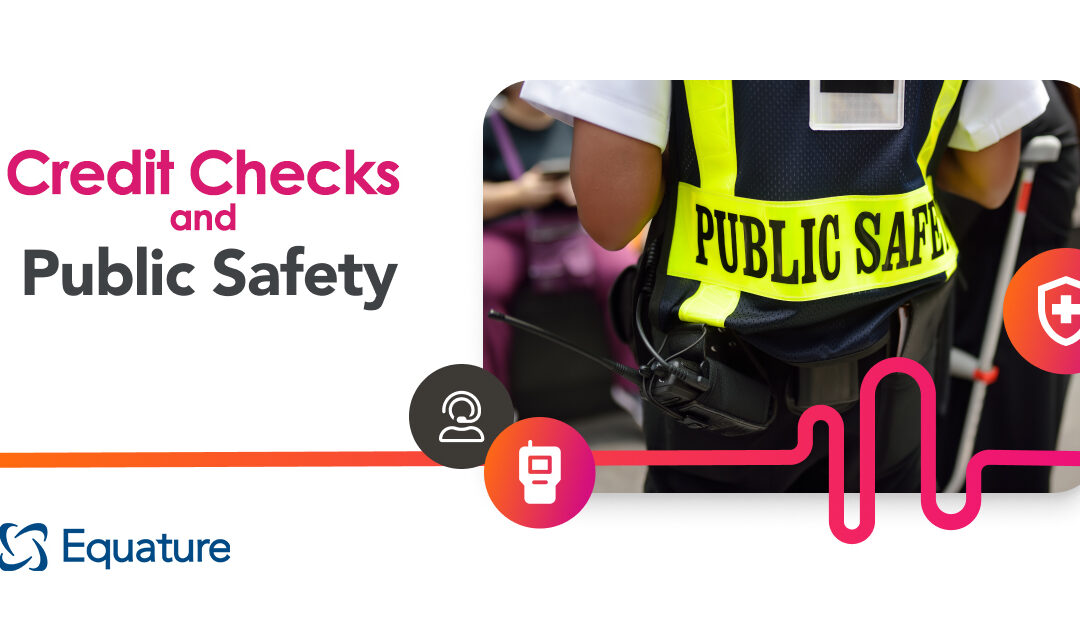Credit scores, what do they matter when it comes to public safety? In 2021 the FICO score in America was 711. Experian charted the average credit scores by state with Minnesota at the highest average score of 742 and Mississippi with the lowest average of 681. Over the past decade, the average credit scores in America have seen a steady increase ranging from 693 in 2012 to 714 in 2021. 23.3 percent of Americans have a FICO score between 800 and 850, this is considered to be an excellent score. Only 9 percent have a FICO score below 550. Credit demographics also show averages for age categories:
• 18-24 years old: 679
• 25-40 years old: 686
• 41-56 years old: 705
• 57-75 years old: 740
• 76+ years old: 760
As well as income brackets:
• Low income: 658
• Moderate income: 692
• Middle income: 735
• Upper income: 774
Finally, credit statistics from Experian, have been gathered according to the generations:
• Generation Z had a median VantageScore of 661 in 2021
• Millennials had a median VantageScore of 667 in 2021
• Generation X had a median VantageScore of 685 in 2021
• The baby boomer generation had a median VantageScore of 724 in 2021.
Who cares, you might be thinking? What does this have to do with public safety? Most public safety agencies (this includes law, fire, EMS, and 9-1-1) look at credit scores at some point in the hiring process. Some agencies will even do a regular credit check on current staff. While a good credit score is preferred, the primary concern is the credit history, not the number. A specific score is not as important as the number of late payments made, high credit card usage, and spending above the person of interest’s current income.
Reviewing credit history is used to demonstrate a pattern of responsible behavior and personal character traits. Those candidates who have a less-than-positive credit history and those current employees who have developed a less-than-positive credit history may signal a pattern of irresponsibility. This in term can call into question the personal ethics of the employee and what temptations the person routinely faces in public safety. Many believe that past behavior is the best indicator of future behavior and performance.
Current employees experiencing bankruptcy, living above their means, or the inability to make timely payments may prompt a mandate to go to credit counseling services. The other thing to keep in mind is this, while an agency may be able to run your credit report and see most things, many agencies now require a recent report run by you, where they will see all things. Being upfront and honest before the report is run will ease the concern that may be raised from a poor credit history.
Keeping your spending and bill paying in check will not only help your ability to be hired and stay hired in the future, it will also raise your credit score. The higher the credit score, the lower the interest rate you will pay when purchasing a house, vehicle, or other items purchased with a loan. A quick example shows that an auto loan of $25,346 obtained by a person with fair credit can pay up to $3,847 more in interest than a person with a very good credit score.
Student loans taken out by someone with fair credit can pay up to $8,640 in interest while a student with very good scores may only pay $3,933 for the same loan. Making on-time payments is the number one way to improve credit scores. It is a process that takes times, there are other ways a person can improve their scores as well, but the poor credit history and low scores didn’t happen overnight (as the saying goes) and it will take time for improvement to catch up to the better habits that you develop.


Recent Comments